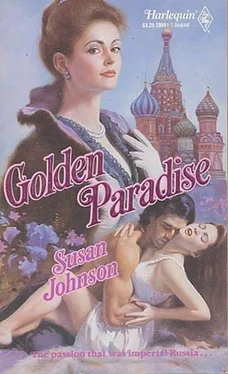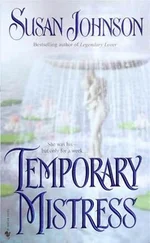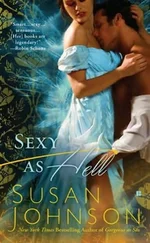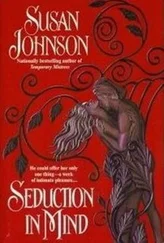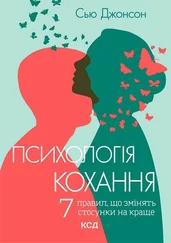Which brings us to the inspiration for Stefan.
Michael Skobeleff, the son and grandson of a general, himself won his general's epaulets at thirty.
As a youth at university his eccentricities were so expensive and his debts so enormous that his father refused to aid him anymore. He entered the Guards, but again his extravagances exceeded his father's good nature and he was obliged to leave the capital. He entered the Turkistan army, and the Asiatic frontier became for Skobeleff what the frontier of the Caucasus had been for Bariatinsky a generation earlier: a place to either find himself or lose himself.
His expedition to Khiva, however, where with only three Turkoman guides he reconnoitered three hundred and seventy-eight miles of hostile enemy territory in August heats of one hundred and forty-nine degrees, never knowing where they would find water, made him a sensation. Promotions were rapid for him. Asia was the perfect training ground for audacious young officers, and thanks largely to his superlative tactical and strategic abilities, the Khanates of Khiva and Kokand were annexed to the Russian Empire.
He was rewarded with the Governorship of Kokand.
Skobeleff actually did ride into battle on a white horse, dressed in his white dress uniform, covered in perfume and carrying his sword with the diamond hilt, in order, he said, that he might die with his best clothes on. Less facetiously, he wore white in battle so "my fellows can see where I am and know, therefore, whither to follow."
He was called Akh-Pasha by the Turks, meaning the White General, and Osman Pasha, the Turkish commander in the west, predicted that one day Skobeleff would be the Commander-in-Chief of the whole Russian army.
Michael Skobeleff died instead at thirty-seven in a Saint Petersburg brothel under mysterious circumstances.
He had begun to become politically active once the war was successfully concluded, speaking out in Russia and abroad in support of Pan-Slavism. He was perhaps too powerful and too popular to be allowed such exposure and he'd acquired many enemies on his rapid rise to fame, influential people who took issue with his brash style and immense popularity.
I was devastated the first time I read of his death. He was a man of profound courage and abilities: a poet; a linguist (he spoke several languages including many Asiatic dialects and an unaccented English); a scholar of the classics (Horace, Schiller and Byron were his favorites); a kind commander to his humblest soldier; a brilliant general who compared in stature to Alexander the Great and Napoleon. What a waste, I thought.
With literary license I could offer a kinder fate to Stefan. Michael Skobeleff's spirit lives in him.

is a well-known writer of historical romances who has now, with Golden Paradise , returned to the setting that originally made her famous-the Russia of the Czars. She is an avid collector of books of all kinds, commenting, "they threaten to overrun the house." The nineteenth-century Russian writers are her favorites, perhaps the reason Russian settings for her historical romances have always been close to her heart. Research for Susan is "both a passion and a pleasure," and that love makes her historical settings and characters spring vividly to life. Susan and her husband live on eighty acres of virgin hardwood forest in North Branch, Minnesota, along with their horses, three dogs, one lop-eared rabbit and a very large piranha.
***

